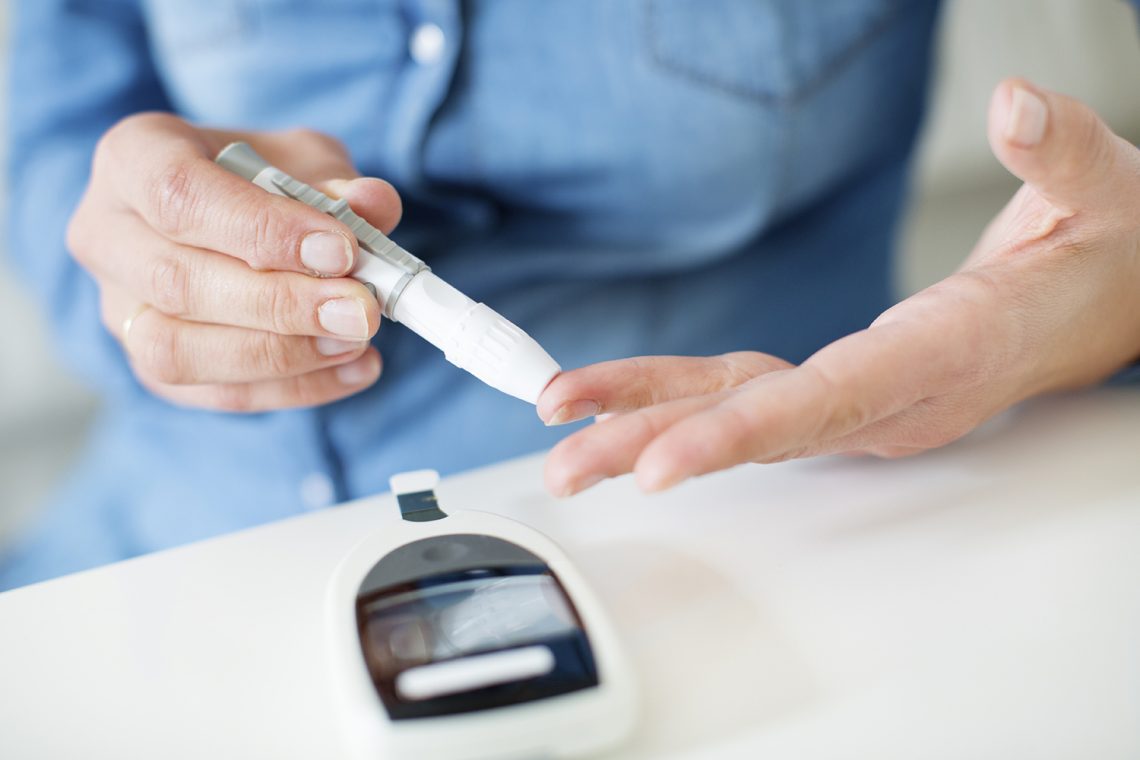
Glucose Monitoring-Is It Really That Helpful?
I am often asked as a Credentialled Diabetes Educator by individuals who are diagnosed with diabetes if they really need to monitor their glucose levels.
It is, of course very important for those with type 1 diabetes (whether they choose blood glucose monitoring or continuous glucose monitoring) However, for those diagnosed with type 2 diabetes the decision whether to monitor is best left up to the individual. It can help
• Develop confidence to look after your diabetes
• Seek help and advice from your health care team
• Understand the relationship between your diabetes and physical activity, stress, food, and medication.
• Recognise the warning signs if your blood glucose level is low and treat if you need to if you are on medication that may cause a hypoglycaemic event.
When and how often you should check your glucose levels is very individual. Some examples include:
• Before breakfast (fasting)
• Before lunch/dinner
• Two hours after a meal
• Before bed
• Before and after rigorous exercise
• When you are feeling unwell
How is glucose monitoring different to a HbA1c?
A HbA1c or glycosylated haemoglobin is a measure of your average glucose over the past 10-12 weeks. It does not however let you or your health care team know the range your levels are fluctuating in a twenty-four-hour period. This plus your daily or weekly glucose levels will give a more precise picture of how everything is going with your diabetes.
Seeing a Credentialled Diabetes Educator about how to monitor your glucose levels and what these levels mean is important in your diabetes journey. Remembering that it is just a number is important. If your number is elevated, it is important to determine if there is a trend and whether this needs to be acted on.






